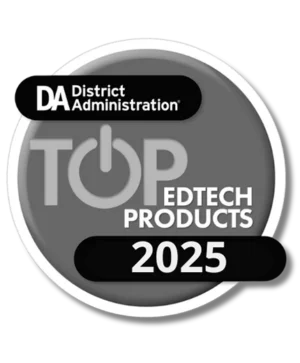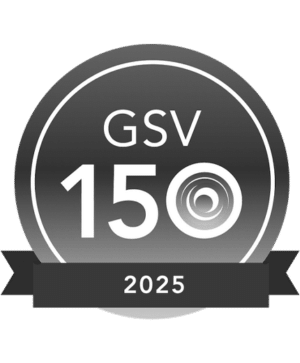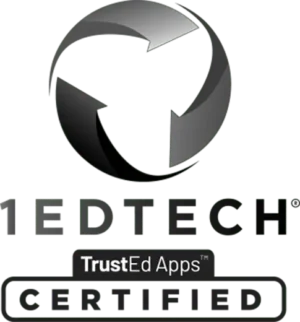
We followed a rainbow to its source and found something even better than a pot of gold: a stack of unique articles from your peers! Learn a fun way to provide easy-to-read PD on the go, how ICs can coach a teacher from a disempowerment mindset to an empowered one, seven ways to ensure your next professional learning session is an effective one, and more!
Create Your Own #Copier PD
Did you know that there are other ways to provide professional learning outside of scheduled sessions? Amy Storer showcases a fun way to provide easy-to-read PD to teachers on the go:
“Now, I create a handout each month that includes an instructional focus, tech tip, and meme of the month in what I like to call #CopierPD. To ensure the learning doesn’t stop at the copier itself, I’ve found it valuable to create a QR code for the monthly tech tip. This allows the teacher to scan it if they’re interested in learning more.”
Mindset Coaching for Mental Health
Jo Lein digs into research to show how ICs can coach a teacher from a disempowered mindset to an empowered one:
“Mindsets shift often and require regular maintenance and assistance. . . . As educators, it is easy to get stuck in our heads, create assumptions, and accept patterns as truths. We all carry mindsets and burdens. As our environments and situations change, we all need someone to ask, ‘Why are you scared?’ and hold the mirror up.”
Making Professional Learning Effective
Rethink Ed highlights the Learning Policy Institute’s 7 ways to ensure professional learning is impactful and worthwhile:
“Every teacher can tell you that they have plenty of opportunity to hone their craft and improve their practice. . . . However, every educator can also tell stories of the useless professional learning sessions they sat through that weren’t related to their scope of practice. Recent research shows that current professional learning practices in schools are time consuming, not budget friendly, and are ineffective. Teachers want to learn and schools are providing professional learning opportunities, the process needs to shift into effectiveness.”
Dialogue & Trust
Matthew Kelly encourages ICs to exercise faith, humility, and love when working with teachers if they want lasting partnerships:
“Trust is established by dialogue, but if love, humility, and faith are not present, it will be destroyed. These conditions for dialogue and trust can be applied practically in coaching situations. If we sense hesitation in people, reflection on our own expression of love, faith, and humility can ensure that the stage is properly set for true dialogue and trust.”
Want Feedback to Go Further?
Steve Barkley shares his 5-step student feedback cycle that helps combat the “forgetting curve” to guarantee reflection happens:
“The idea behind the Feedback Cycle is that if we invest the significant time needed to give a piece of feedback, students need to invest significant time revisiting and using the feedback. Or put in other words, the feedback doesn’t mark the end of an assignment, it instead marks the beginning of a conversation about improving the student’s skills and understanding.”
Bonus: Digital Coaching Cards
If someone asked you to quickly explain your coaching role, educational story, professional interests, or accomplishments, could you do it? For many of us, the answer is no. Luckily, our friend, Stephanie Affinito, recently wrote a post highlighting digital coaching cards to do just that! Be sure to check it out, and share with us yours after you make one!
Stay Connected
News, articles, and tips for meeting your district’s goals—delivered to your inbox.






















